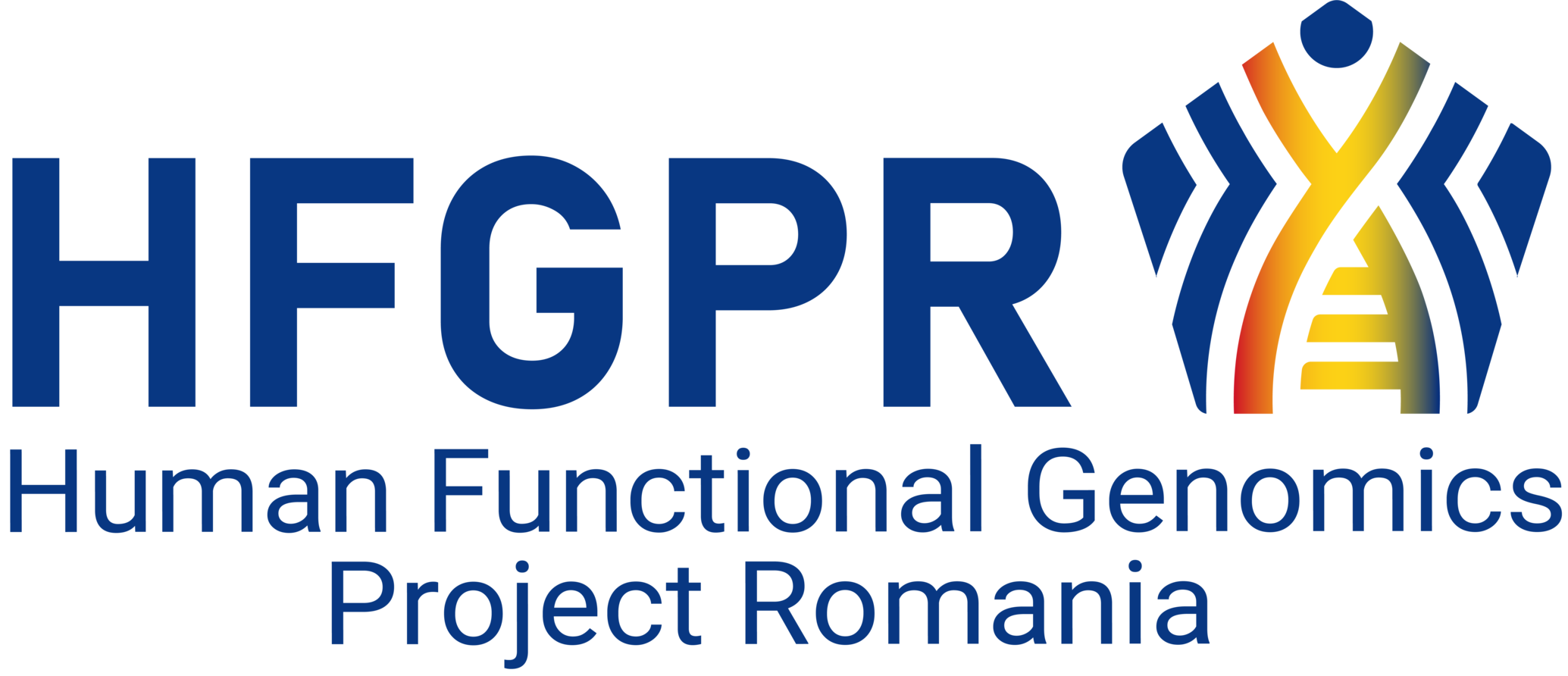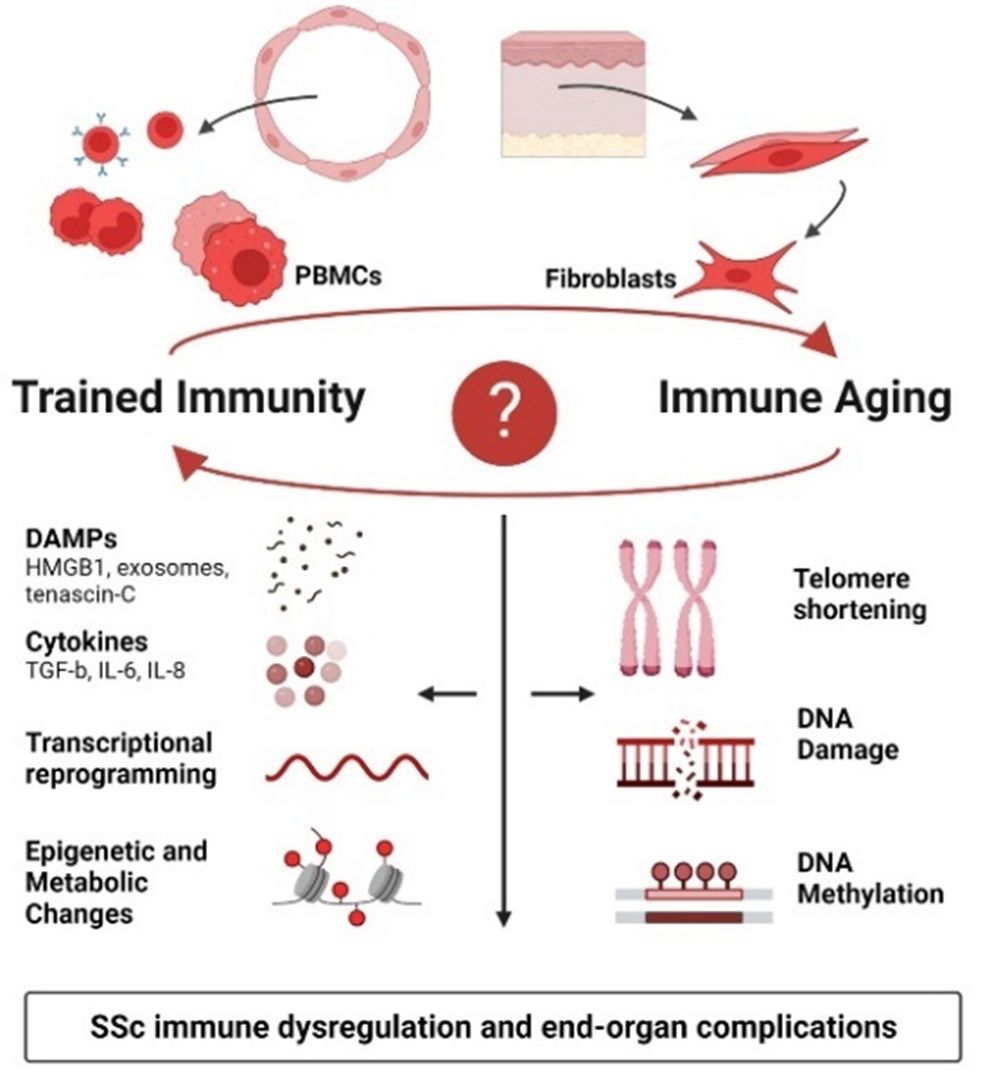Teams
Our research team at the Medical Genetics Department of UMF Cluj-Napoca studies the mechanisms of inflammatory diseases and their interrelationship with individual genetic susceptibility factors. We are curious how the variance in our genome or epigenome can alter the immunological processes and cause inflammatory disease. We assess immunological functions of primary cells in patient cohorts and in controls and we use multi-omics to assess the different molecular layers that can contribute to inflammatory dysregulation. Currently, we are investigating the mechanisms of immune memory associated to long term proinflammatory effects and accelerated immunological aging in gout, hyperuricemia, systemic sclerosis and other autoinflammatory and autoimmune disorders.


